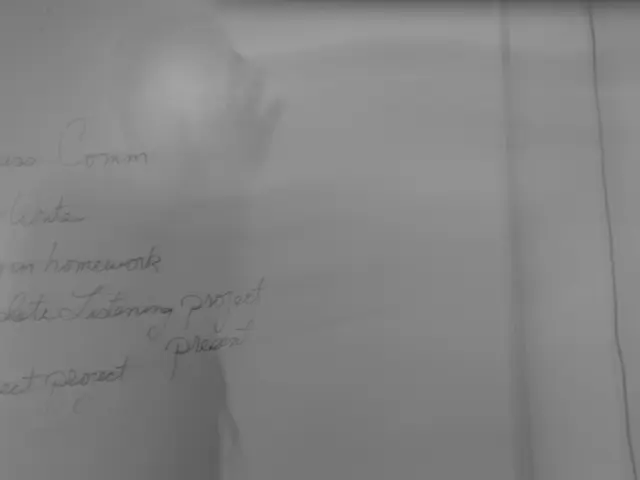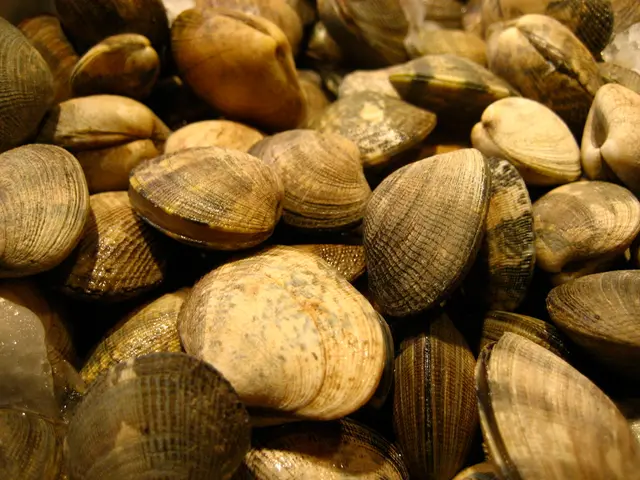Global property market players gravitate towards Dubai investments, fueled by US trade barriers, according to Betterhomes survey findings.
Dubai's real estate sector is witnessing a surge in global interest from investors seeking safe havens amid escalating US tariffs on steel and aluminum, according to a white paper by Betterhomes. The report, entitled "Assessing Trump's Tariffs and Their Potential Impact on UAE Real Estate," delves into the shifting investor attitudes resulting from the trade measures. Although the tariffs primarily aim at industrial sectors, their ripples are being felt across markets, including real estate.
Betterhomes reveals a marked increase in queries from US and Chinese investors, with inquiries surging over 40% and traffic from these countries upward by 60% on their website. This trend aligns with previous research that positions Dubai as a beacon for global wealth. The city now leads in attracting millionaires relocating from around the world, underscoring Dubai's rising profile as a sought-after haven for luxury living and strategic investment.
Louis Harding, the CEO of Betterhomes, stated in the report,
"The recent trade measures have disrupted the status quo, leading investors to reexamine their portfolio allocations. We're observing a growing number of US and Chinese investors showing interest in the UAE's real estate market."
Although Trump's tariffs on steel and aluminum are reshaping some global markets, their direct impact on the UAE's economy remains relatively unclear. Despite the global uncertainty, the UAE maintains a robust economic outlook. A growing population, a record-breaking 19 million tourist arrivals in 2024, and over 3,500 ongoing infrastructure and real estate projects foster optimism.
Dubai also plays a pivotal role in global trade, exporting 350,000 tonnes of aluminum to the US last year, primarily for aerospace and construction applications. Considering these factors, Dubai's Real Estate Strategy 2033 and plans to double foreign investment to $65 billion signal a long-term vision for the emirate. The goals to enhance housing supply and raise homeownership to 33% position Dubai as more than just a luxury destination—it aims to establish itself as a central hub in the global property market.
A study of the available research and data shows limited evidence of Trump's tariffs on steel and aluminum directly impacting the UAE real estate market or construction activities in Dubai. Although the tariffs target US imports and primarily affect countries exporting steel and aluminum to the US, their indirect effects on global trade dynamics may influence market trends in the UAE. Keeping this in context, assessments about the specific impact on Dubai's real estate sector should remain tentative until further economic studies have been carried out.
Research indicates a growing interest from US and Chinese investors in Dubai's real estate market, due to the shifting investor attitudes resulting from trade measures. Louis Harding, the CEO of Betterhomes, states in a report that these investors are reexamining their portfolio allocations, with a growing number showing interest in UAE's real estate trade. Despite the tariffs primarily targeting industrial sectors, their ripples are being felt across markets, including finance and real estate.




